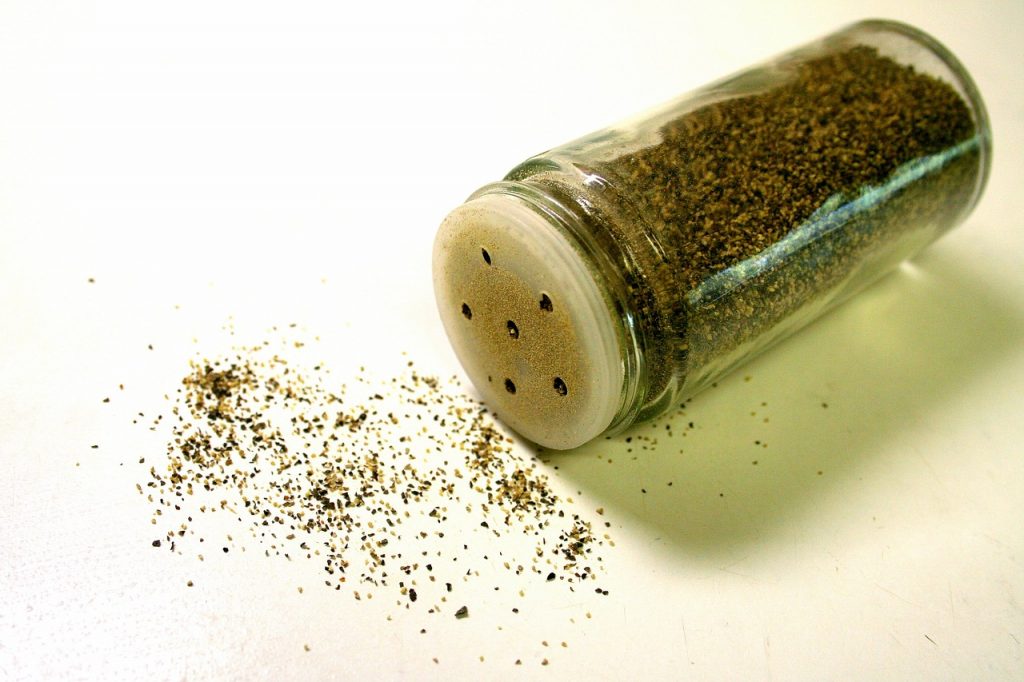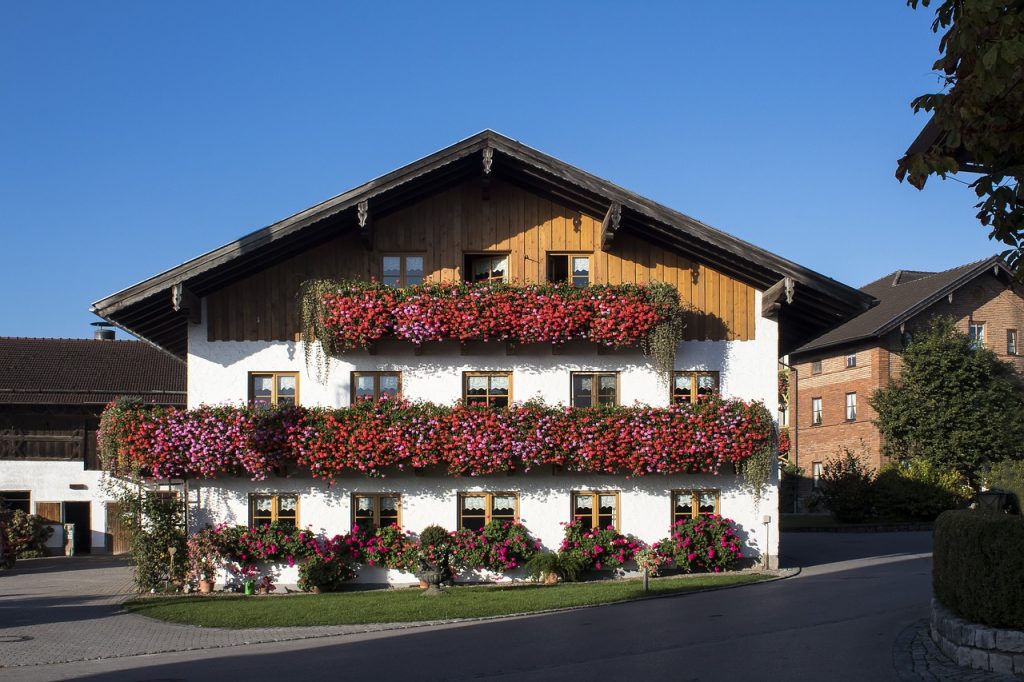5 More German Placeholders Posted by Constanze on Jun 24, 2019 in Language
Guten Tag! We briefly touched on German placeholders in this post, about the words Krimskrams (stuff, junk) and Dingsbums (thingy, thingymajig). Then we looked at German placeholders for names, such as John Doe.
A placeholder (der Platzhalter) is a generic word you use in place of a real word. This might be because you can’t think of the actual word or phrase you’re looking for, or because you aren’t talking about anything or anyone specific. Today we’re going to look at German placeholders for miscellaneous things.
Dort, wo der Pfeffer wächst
This phrase – ‘where the pepper grows’ – refers to a very far away place. If you want someone to disappear, you might wish them to go dort, wo der Pfeffer wächst. This is similar to saying ‘go to hell’ in English. Basically, dort, wo der Pfeffer wächst is a placeholder for somewhere far away. Pepper originated in India, and the phrase was apparently inspired by how long it took for pepper to reach Germany before planes existed.
Schlag mich tot
Literally ‘strike me dead’. Germans say this phrase when they’re mid-sentence and cannot remember the word or name they’re looking for. You may hear something like, ‘Da ist… Ja, schlag mich tot…’ (‘There’s… You know, whatsherface…’). This makes it similar to the word Dingsbums. But schlag mich tot (also sometimes written as one word: schlagmichtot) is also a way of saying et cetera/and so on. Simply say ‘und schlag mich tot’ if you want to say ‘and so on’ instead of listing everything (note that this phrase is casual/informal).
Alternative form: Schieß mich tot (‘shoot me dead’).
Wo Fuchs und Hase sich gute Nacht sagen
Literally ‘where fox and rabbit say good night to each other’. This is the German way of saying ‘in the middle of nowhere’. If you find yourself completely lost, with no civilisation in sight, and you need to describe your location? All you can say is that you are in the place wo Fuchs und Hase sich gute Nacht sagen.
zig Mal
This is the German way of saying umpteen, as in: I’ve told you umpteen times! In German you’d say ‘Das habe ich dir schon zig Mal gesagt!’ The word zig comes from the end of German numbers: zwanzig (20), dreißig (30), vierzig (40), and so on. Sometimes it is written as one word (zigmal), sometimes as two (zig Mal).
Balkonien/Bad Meingarten
I’m not sure if these classify as placeholders in the same way the others do, but they’re an amusing couple of words, nevertheless! When a German is having a staycation (holiday at home) and they want to dress it up to be something more exotic than it is, they humorously say they’re going on holiday in Balkonien or Bad Meingarten.
Balkonien is a play on the word der Balkon (balcony) and the suffix ‘-ien’ which is on the end of several country names in German (Spanien/Spain, Bulgarien/Bulgaria, Sardinien/Sardinia, etc.). If you say you’re going to Balkonien on holiday, it means you’re going to be spending the summer on your balcony!
Bad Meingarten is a play on the names of German spa towns, which begin with the word Bad (‘bath’). Examples include Bad Kreuznach, Bad Segeberg, Bad Wildbad and Bad Kissingen. But Bad Meingarten is not a real town! ‘Meingarten’ is the words ‘Mein Garten’ – my garden – put together into one. So if you say you’re going to Bad Meingarten on holiday, it means you’re going to be spending the summer in your garden/back yard!
Want to read more about placeholders? Click here and here!
Bis bald (see you soon)!

Build vocabulary, practice pronunciation, and more with Transparent Language Online. Available anytime, anywhere, on any device.







Comments:
Wicki:
Der Fuchs ist soooooo süß!!